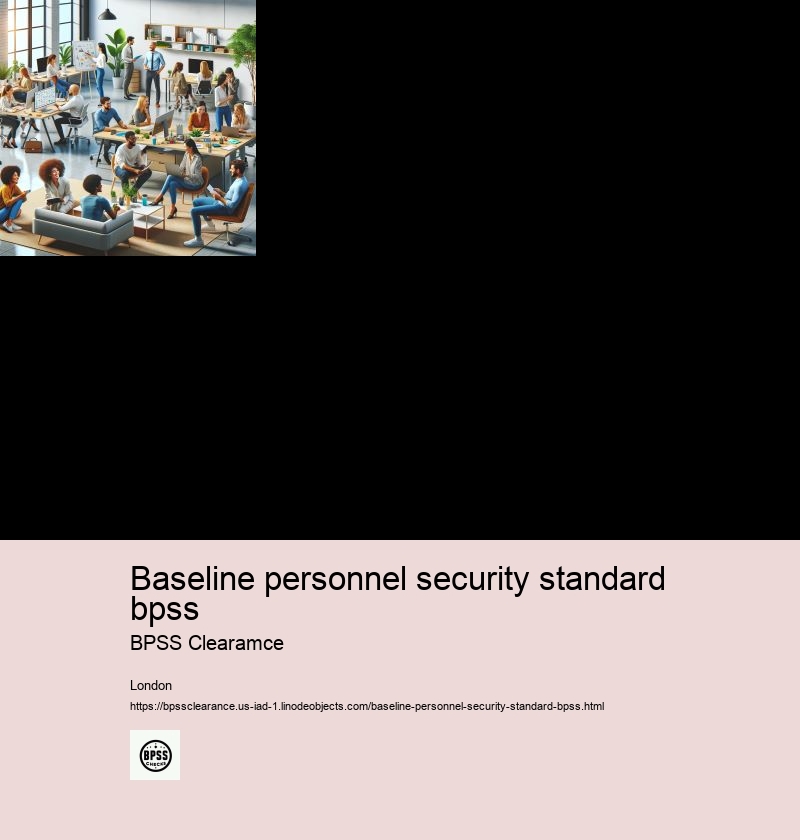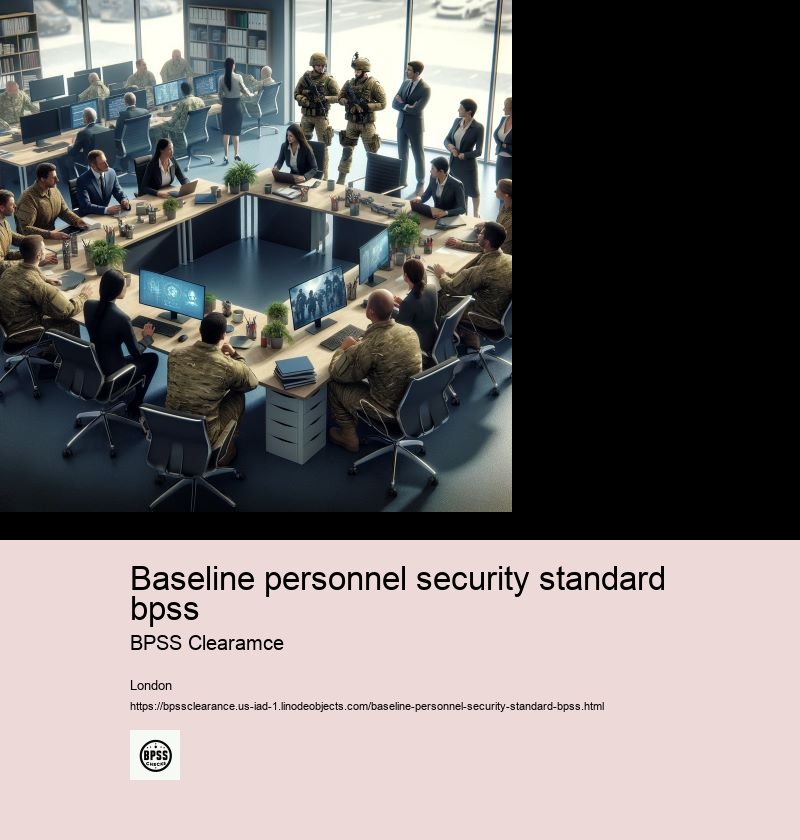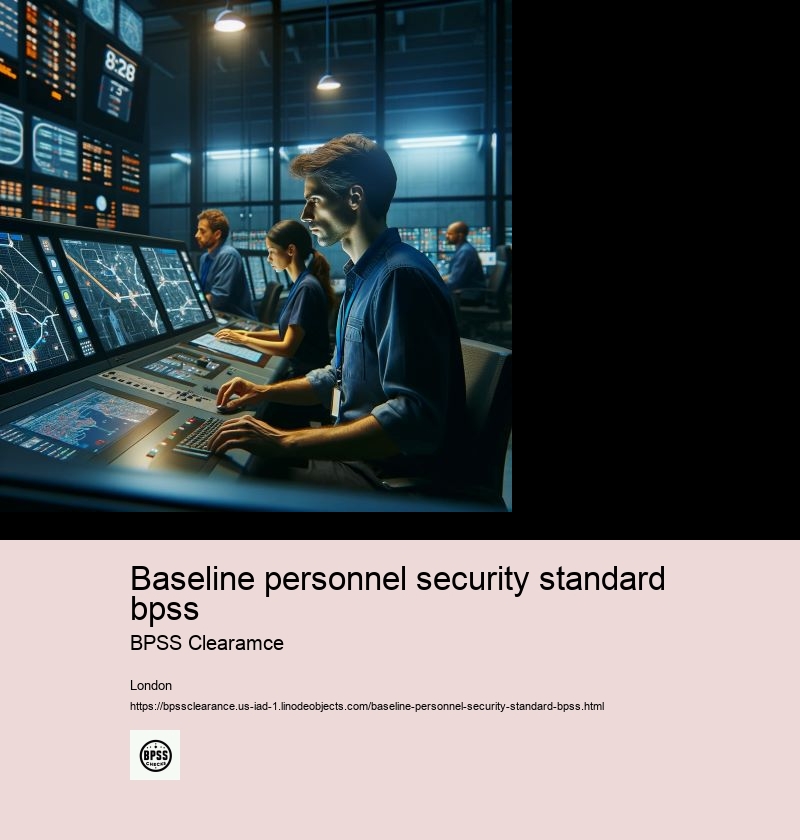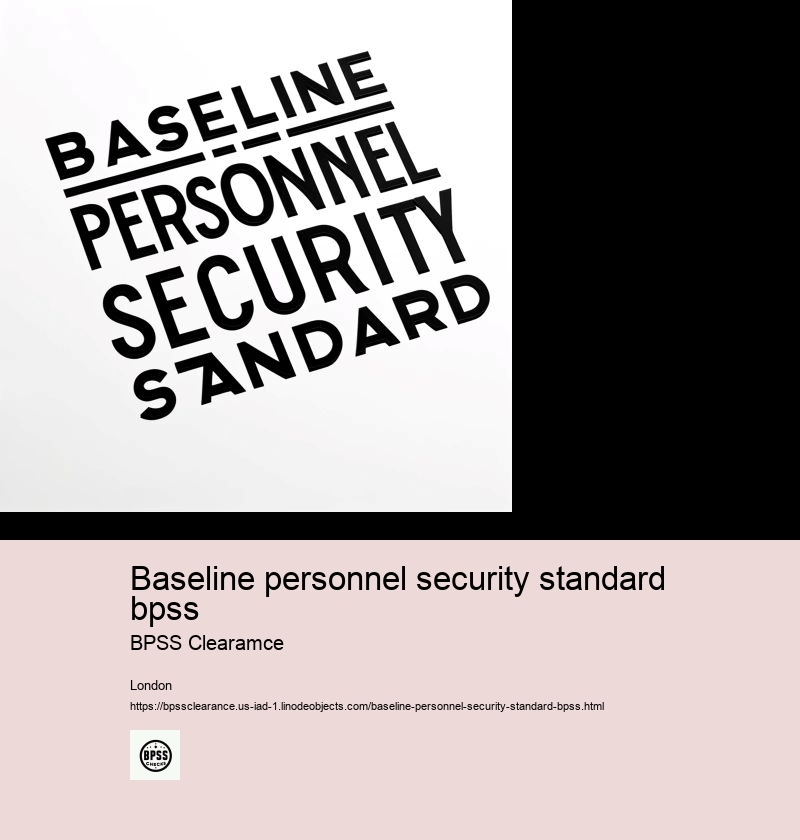baseline personnel security standard bpss
Data protection laws
By verifying your identity, legal right to work status, and employment history accuracy, organizations can establish a secure work environment and prevent unauthorized access to data. BPSS clearance is essential for individuals with access to government assets and sensitive information, as it confirms the honesty and integrity required for specific roles.
The legal underpinning of BPSS clearance in the UK, though not defined by a single piece of legislation, is supported by a variety of laws and regulations that govern national security, data protection, and employment. This legal framework ensures that BPSS checks are conducted in a manner that is secure, ethical, and compliant with the broader objectives of national security and public safety.
Employers might probe deeper into any gaps in employment history surpassing 31 days as part of the BPSS process. Verification of special circumstances such as maternity leave or military service may also be necessary to finalize the additional investigations for BPSS clearance.
Baseline personnel security standard bpss - Hiring policies
- Data protection laws
- Security standards
- Hiring policies



